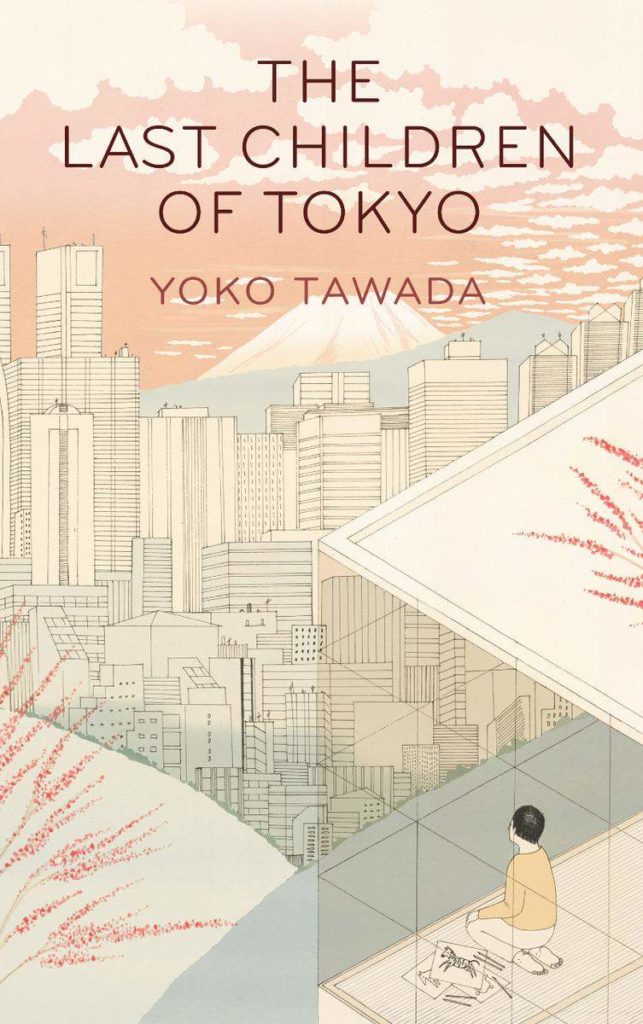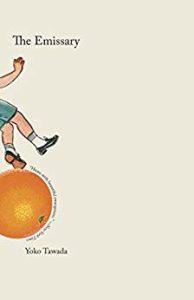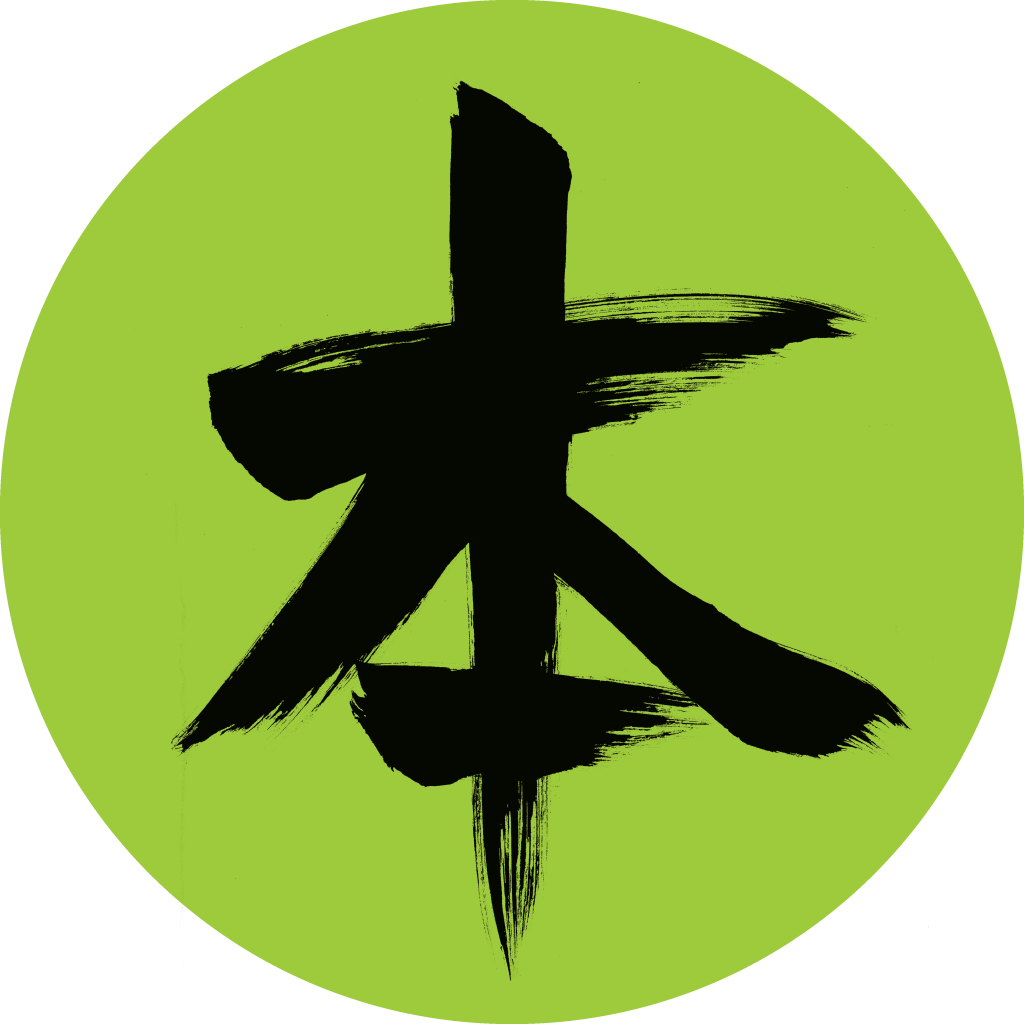

Support BOA by ordering The Lost Children of Tokyo through these links:
Amazon Japan
Thanks for helping support Books on Asia!

Winner of the National Book Award in Translated Literature, for 2018
Listed as Library Journal‘s Best Books of 2018

(This book is also published under the title of The Emissary.)
Book Description: Japan, after suffering from a massive irreparable disaster, cuts itself off from the world. Children are so weak they can barely stand or walk: the only people with any get-go are the elderly. Mumei lives with his grandfather Yoshiro, who worries about him constantly. They carry on a day-to-day routine in what could be viewed as a post-Fukushima time, with all the children born ancientfrail and gray-haired, yet incredibly compassionate and wise. Mumei may be enfeebled and feverish, but he is a beacon of hope, full of wit and free of self-pity and pessimism. Yoshiro concentrates on nourishing Mumei, a strangely wonderful boy who offers the beauty of the time that is yet to come. A delightful, irrepressibly funny book, The Emissary is filled with light. Yoko Tawada, deftly turning inside-out the curse, defies gravity and creates a playful joyous novel out of a dystopian one, with a legerdemain uniquely her own.
Books on Asia’s Take:
This is an important book because it discusses some of the well-known problems of Japanese society that, while familiar to those inside the country, may not be so well-known outside. Many other countries are just now considering that they too will face aging populations, declining real estate markets, the burden of healthcare and its costs, an increase in natural disasters, and the possible results of industrial chemicals having entered the food chain. Add to that a myriad of other possible crises of the future, it is worth considering this haunting, apocalyptic scenario Yoko Tawada portrays of a fictional family living in Tokyo. While the book ventures into futuristic scenarios, one can’t help recognizing the truths that lead up to it.

Also author of The Memoirs of a Polar Bear, “she has in spades what Rivka Galchen hailed in the New Yorker as ‘Yoko Tawada’s magnificent strangeness’—Tawada is an author like no other.”
About Memoirs of a Polar Bear. Three generations (grandmother, mother, son) of polar bears are famous as both circus performers and writers in East Germany: they are polar bears who move in human society, stars of the ring and of the literary world. In chapter one, the grandmother matriarch in the Soviet Union accidentally writes a bestselling autobiography. In chapter two, Tosca, her daughter (born in Canada, where her mother had emigrated) moves to the DDR and takes a job in the circus. Her son—the last of their line—is Knut, born in chapter three in a Leipzig zoo but raised by a human keeper in relatively happy circumstances in the Berlin zoo, until his keeper, Matthias, is taken away…
Happy or sad, each bear writes a story, enjoying both celebrity and “the intimacy of being alone with my pen.”
